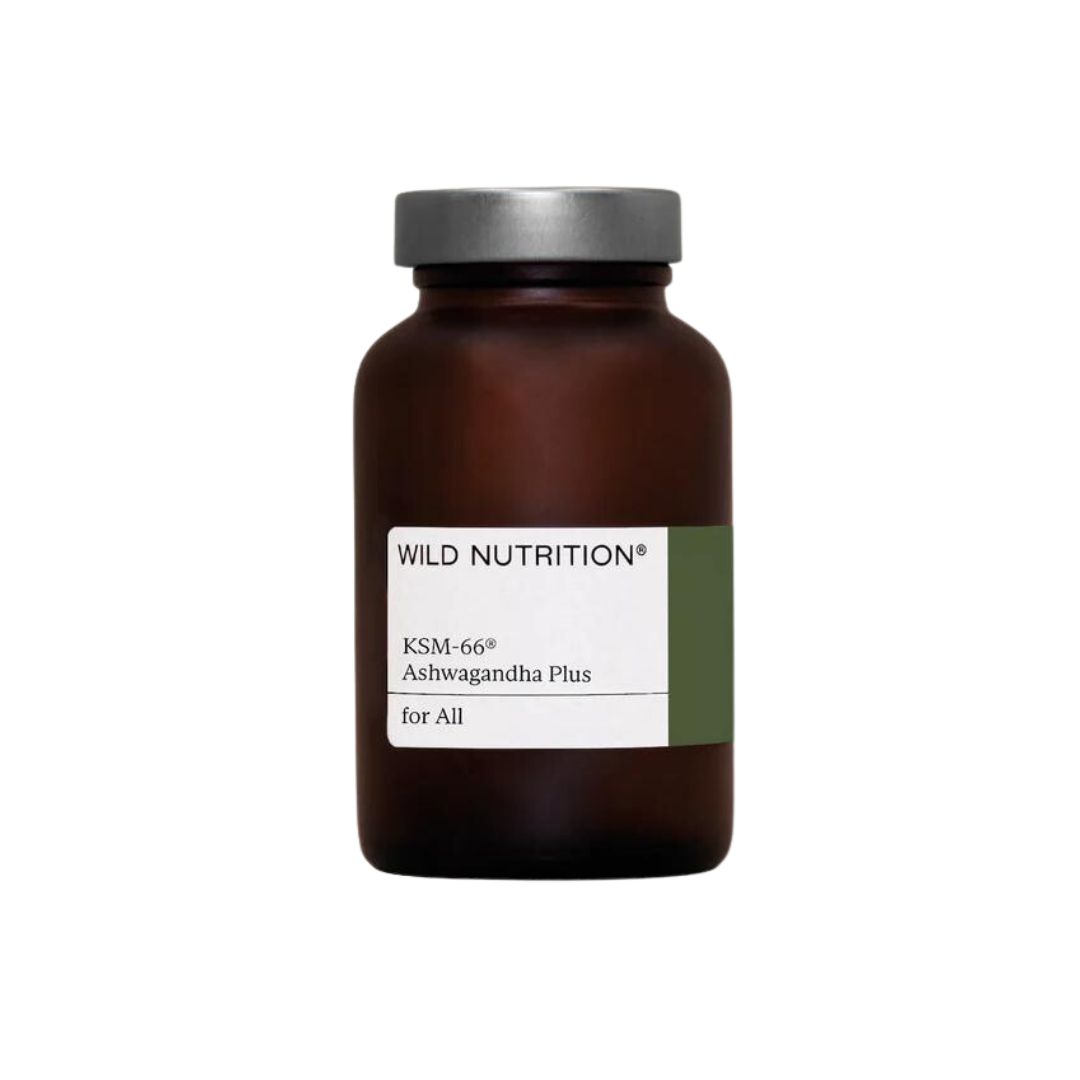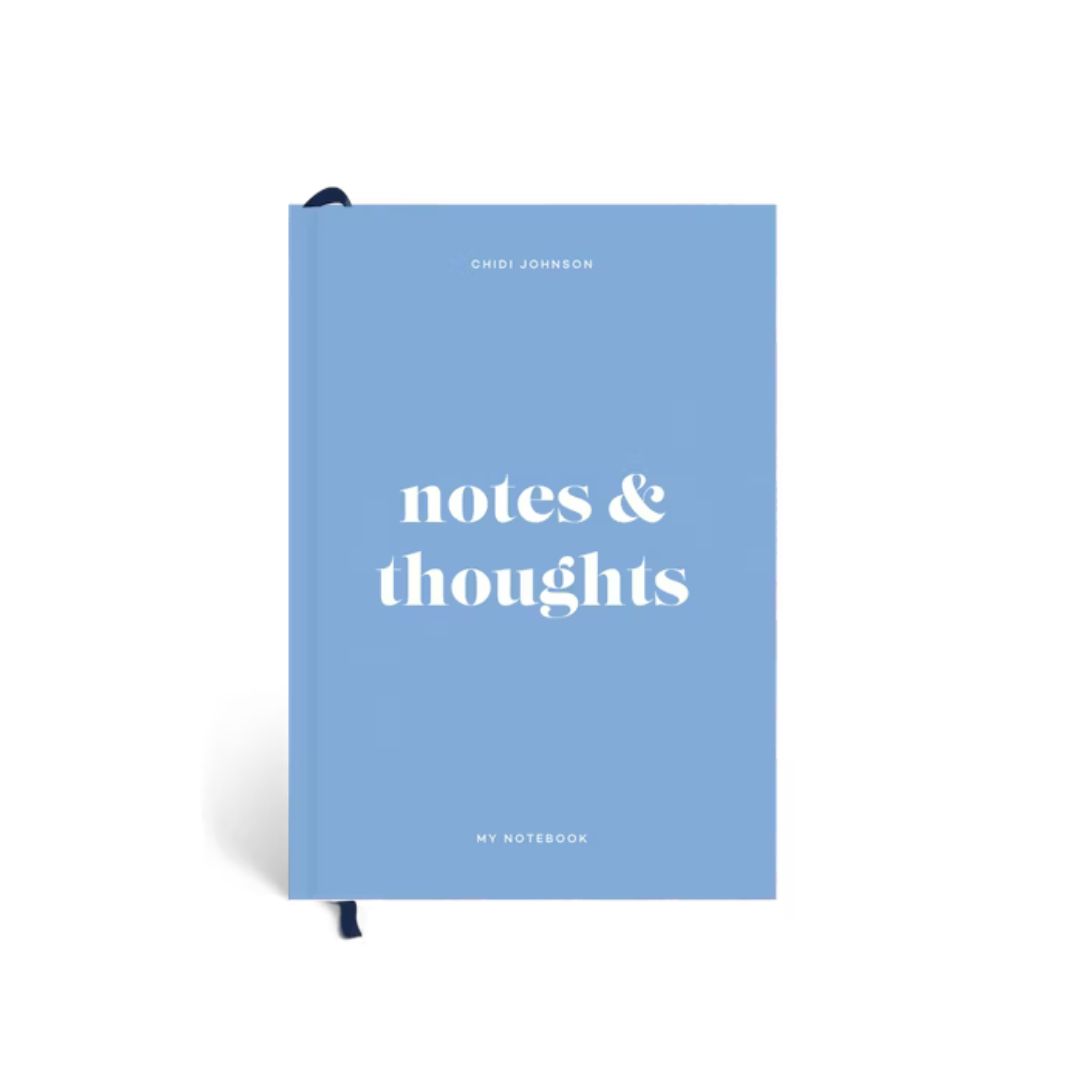The Internet is obsessed with nervous system regulation - so why are people talking about it and does it work to ease overwhelm?
This TikTok-approved wellness trend could be the stress-busting solution you’ve been looking for.


Celebrity news, beauty, fashion advice, and fascinating features, delivered straight to your inbox!
You are now subscribed
Your newsletter sign-up was successful
It’s officially approaching the time of year when you can crack open the mince pies, stick on your out-of-office, and breathe an end-of-year sigh of relief. But before you can put your feet up and relax, you might be facing the daunting prospect of wrapping up your entire work year for the holidays.
The run-up to the festive season can be a lot to juggle. In fact, stats reveal that 54% of women find the Christmas period stressful, and it doesn’t help when you throw parties, hosting duties, and the cost of living crisis into the mix. Whether you’ve got a high-pressure target to hit, are freelance and can’t afford to take time off, or simply have way too many tasks to squeeze into a few short weeks, festive burnout is a very real thing.
Lately, you might have seen people on TikTok talking about something called "nervous system regulation", a collection of wellness techniques that can supposedly help manage the body’s automatic response to stress. With over 500 million views on the app, the method is quickly gaining attention for its frazzle-busting benefits, and some users have even gone so far as to claim that it helped eliminate their chronic anxiety.
Keen to learn what it is and more about how it works? We asked an expert to unpack the trend and gathered some tips on how to try it at home. If you need more inspiration for staying centred this season, our guides to the subtle signs of stress, how to manage stress, and an expert's go-to relaxation techniques might help too.
Introducing nervous system regulation, TikTok's answer to reducing stress
What is nervous system regulation?
Let’s start with the basics. Your nervous system is a high-speed communication network that runs throughout your body. One aspect of it, the autonomic nervous system, plays a major role in keeping you safe, balanced, and calm.
It has two main parts - the sympathetic nervous system and the parasympathetic nervous system - which release competing hormones that help you take action based on signals your brain sends in response to your environment.
When the brain perceives a threat (hello, terse email from your boss), it releases adrenaline to fire up the sympathetic nervous system, aka your "fight or flight" response. The cocktail of familiar symptoms you might feel - racing heart, trembling hands - is the body’s way of preparing you for dealing with a stressful problem. Usually, this is all good, because the parasympathetic system kicks in when your brain reckons it's safe to recover, flooding the body with soothing hormones.
Celebrity news, beauty, fashion advice, and fascinating features, delivered straight to your inbox!
So here’s the problem: when the nervous system is operating out of whack, it’s basically your brain firing incorrect signals or processing the correct signals in an abnormal way - which can put your fight or flight into overdrive and make you more sensitive to stress and anxiety. You know those days where anything - a cancelled train, a spilled coffee - could tip you over the edge? Yup, that’s your nervous system spinning out.
“Nervous system regulation is about striking a balance between these two systems, boosting your ability to respond flexibly to daily stressors,” says coaching psychologist and trauma specialist Dr Sarah Woodhouse. “Someone who can self-regulate is able to stay present and connected and not get totally overwhelmed during difficult moments. Someone who has a dysregulated nervous system can’t adapt and is easily overwhelmed.”
Why does the nervous system get dysregulated?
Too much exposure to stress, for too long, is one of the most common reasons your nervous system suffers, as it can alter the way the brain processes information and responds to stimuli.
So, if you’re in a high-pressure job with lots of deadlines, you might find yourself constantly on edge, making it tough to find that balance between handling the workload and managing your wellbeing.
Woodhouse explains that other factors that can play a role include hormonal fluctuations, physical trauma or injury, your environment, and even your genetics.
“The intense pace and hectic juggle of modern life can be heady and fun at times, but it takes a big toll on our nervous system and wellbeing,” she believes. “Everyday life is often too much for our nervous system and this is especially true at this time of year when there’s so much extra to fit in.”
“Moving in and out of dysregulation is totally normal - this is just another way of saying"‘I’m really stressed". And of course, we all get really stressed sometimes. This is a really important message because expecting ourselves to be 100% zen is completely unrealistic. Stress is normal and sometimes healthy - we just don’t want to get stuck there.”
What are the benefits of mastering nervous system regulation?
When stress becomes chronic or overwhelming, it can wreak havoc on both your physical and mental health.
Studies have found that too much exposure can lead to a range of long and short-term health issues, from headaches and digestive problems to more serious conditions like heart disease, weakened immune system, and mental health disorders like anxiety and depression. Plus, there’s the all-too-familiar emotional toll too.
What is it like to self-regulate your nervous system?
Laura Uglow is a women’s health mentor who has developed a daily self-regulation practice.
"I came across nervous system regulation when I was going through the process of grieving the sudden loss of my younger brother. The trauma I’d experienced had left me struggling with health anxiety, PTSD, and burnout."
"The dysregulation in my nervous system that happened because of grief manifested in physical symptoms - headaches, IBS, muscle tension, brain fog, fatigue, and an overall feeling of being on high alert. My heart raced all the time, making it challenging to find respite and rest for my body and mind to recover."
"I'd tried lots of well-known health approaches and therapies, but nothing stuck, and I was trapped in a cycle of exhaustion, anxiety, and emotional distress. I couldn't shake the effect that grief and anxiety had on my daily life."
Uglow says she was able to find relief through practising daily breathwork, somatic healing rituals, and meditation.
"Integrating these elements into my daily routine became a turning point. It helped my anxiety and restored balance to my nervous system, allowing me to embrace peace, clarity, and a newfound ability to remain grounded and present. It was the missing link in reclaiming my emotional and physical health.”
How to regulate your nervous system: 6 simple tips
First things first, there isn’t a one-size-fits-all practice for regulating the nervous system. Rather, it’s about bringing a bunch of different practices into your day that help gently calm the flight or fight response and bring the nervous system into balance.
So, if you ever feel uncentered or just need a moment of calm, try on of these simple techniques:
1. Do five minutes of breathwork
Studies have found that deep, diaphragmatic breathing stimulates the vagus nerve, which communicates with various organs to initiate the relaxation response.
Activating it is surprisingly simple to do: take five minutes at your desk to inhale deeply through your nose, feel your abdomen expand, and then exhale slowly through your mouth. Repeat until you feel calmer.
2. Make time for meditation
When it comes to stress, mindfulness and meditation are some of the most underrated tools we have at our disposal. Focusing your attention off your to-do list and onto something specific, like your breath, a mantra, or the sensations in your body, kicks the parasympathetic nervous system into action.
If you need help getting started with a regular practice, check out our guide to the best mental health apps.
3. Move your body
This one seems fairly obvious, but exercise is an effective way to flood your system with endorphins, the feel-good chemicals that help you feel calm, energised, and happy
High-intensity interval training (HIIT) is a great workout, but it might not be the best choice if you're already stressed out. When you're already feeling jittery, your cortisol levels are elevated, and adding more stress through an all-out exercise class can potentially overload your system.
Instead, switch out the sweaty burpees and box jumps for a low impact workout for beginners, like a gentle Pilates workout or a morning yoga flow.
4. Try a weighted blanket
A 2020 review found that the gentle pressure of a weighted blanket can put your autonomic nervous system into ‘rest and digest’ mode, reducing some of the unpleasant symptoms of anxiety.
Thinking of making the investment? We’ve got a guide to the best-weighted blankets to buy.
5. Be mindful of your caffeine intake
When you’ve got stuff to do, it’s tempting to grab a strong coffee for the energy you need to focus and work quickly. But as coffee contains caffeine, a stimulant that affects the central nervous system, it can add to the anxiety and work against you.
Instead, try switching to a brain-boosting nootropic drink, like Raise and Replenish’s "I woke up like this" (£42 for 30 servings, raiseandreplenish.com), a pink brew that utilises beetroot and adaptogenic cordyceps mushrooms to naturally support energy levels without the dreaded caffeine spike.
6. Take a cold shower
Sure, the last thing you probably feel like doing in the winter is putting yourself through the trauma of an ice-cold shower. However, one of the most recent studies on cold water therapy found that it has some promising effects on mental health and anxiety, although more scientific research is needed. Anecdotally, lots of TikTok users claim this is an effective way to soothe stress.
Our guide to ice baths might convince you, too.
Shop MC UK's go-to wellness products now:

While supplements aren't cure-alls, they can help if your hormone levels are out of whack, especially when combined with other lifestyle changes (we're looking at you, meditation and low-intensity workouts). Coming in a refillable glass jar, this Wild Nutrition supplement has 110 reviews and a near-five-star average rating.

Journaling has been proven to reduce stress and boost calm and this notepad from Papier gets our vote. You can choose between lined, dotted or plain pages inside and personalise the cover with a name, fun title, or special quote, too. Plus, all notebooks are made from ethically sourced paper.
What are the signs of a dysregulated nervous system?
Short answer: you can often tell your nervous system is out of whack thanks to symptoms like persistent fatigue, headaches, overwhelm, digestive issues, and low energy.
Several studies have highlighted that in the long term, a dysregulated nervous system can result in more serious conditions like heart disease, a weakened immune system, and mental health disorders like anxiety and depression. All the more reason to roll out your yoga mat and get meditating.

Liz started her journalism career reporting on fashion at ELLE, GQ and Fashion Beans before finding a love for all things fitness and travel.
Keen to report on her favourite topics, she moved over to the lifestyle desk at The Evening Standard before taking the reins as health and wellbeing editor at news and features agency PA Media. She has also been a senior commissioning editor for the publisher Penguin Random House, finding future bestsellers in the self-development field.
Liz’s features have taken her from fashion front rows to the furthest reaches of the planet, via several hundred sweaty basement gyms in London. Her favourite aspect of her job is getting to write about new trends, whether it’s an under-the-radar travel destination or a TikTok-inspired workout method.
Since going freelance, Liz has written for titles including The Independent, National Geographic Traveller, Stylist, Prospect, Yahoo, and MSN. When she's not writing on her laptop, you'll probably find her at a gig, eating at a new restaurant, or listening to Taylor Swift.
